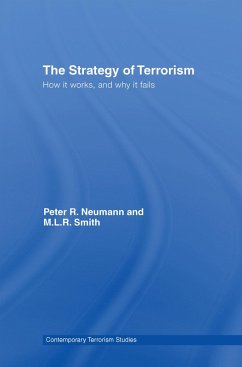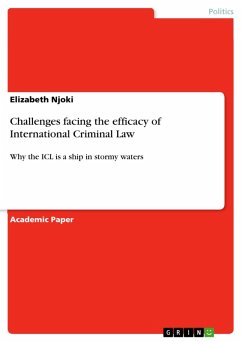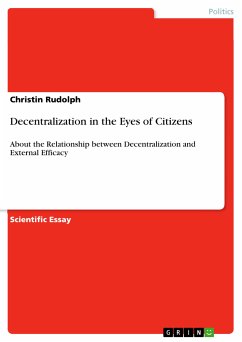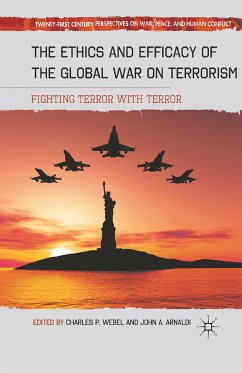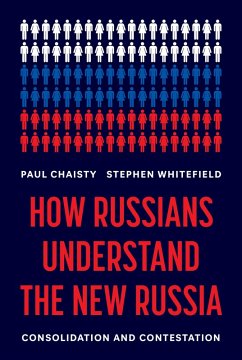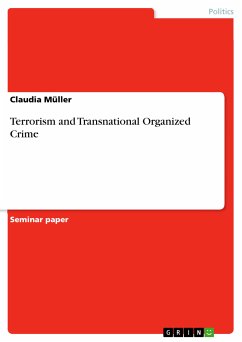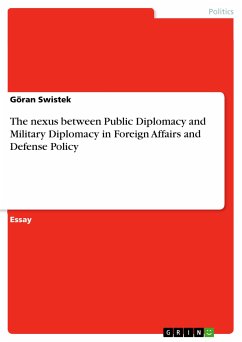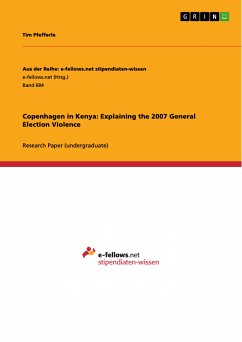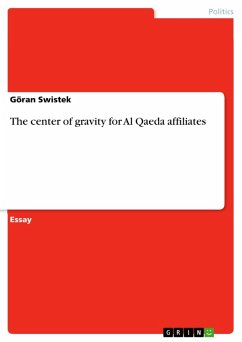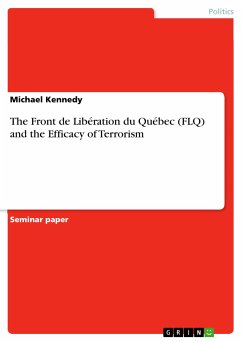
The Front de Libération du Québec (FLQ) and the Efficacy of Terrorism (eBook, PDF)
Sofort per Download lieferbar
Statt: 15,95 €**
13,99 €
inkl. MwSt. und vom Verlag festgesetzt.
**Preis der gedruckten Ausgabe (Broschiertes Buch)
Alle Infos zum eBook verschenkenWeitere Ausgaben:

PAYBACK Punkte
0 °P sammeln!
Seminar paper from the year 2013 in the subject Politics - International Politics - Topic: Peace and Conflict Studies, Security, grade: A, Webster University, language: English, abstract: During the 1960¿s and early 1970¿s, a rise in Quebec nationalism led to an independence movement through violent means. Although violence was characteristic of a relatively small group of individuals compared with the moderately supportive general public, the Front de Libération du Québec (FLQ) was successful in eliciting public support for its cause. However, due to a series of responses by the Quebec pr...
Seminar paper from the year 2013 in the subject Politics - International Politics - Topic: Peace and Conflict Studies, Security, grade: A, Webster University, language: English, abstract: During the 1960¿s and early 1970¿s, a rise in Quebec nationalism led to an independence movement through violent means. Although violence was characteristic of a relatively small group of individuals compared with the moderately supportive general public, the Front de Libération du Québec (FLQ) was successful in eliciting public support for its cause. However, due to a series of responses by the Quebec provincial government and Canadian federal government, public support quickly declined following the implementation of the War Measures Act in October 1970. Although a risky decision on the part of the federal government, the War Measures Act successfully halted violent terrorist tactics in the name of Quebec sovereignty. This furthermore produced a foundation for Quebec separatists, moderates and FLQ members alike, to vote on independence through legitimate means. The growth and effectiveness of domestic political terrorism can be analyzed through theoretical frameworks. Furthermore, the actions of target groups to combat terrorist objectives are also important in understanding the ability of whether a terrorist organization will succeed or not. The need to understand the cause of terrorism also aids in understanding whether it can be successfully eliminated. Through the lens of Nicholas O. Berry¿s (1987) Theories on the efficacy of terrorism, this paper examines the Quebec separatist movement and the rise and fall of the Front de Libération du Québec terrorist group.
Dieser Download kann aus rechtlichen Gründen nur mit Rechnungsadresse in A, B, BG, CY, CZ, D, DK, EW, E, FIN, F, GR, HR, H, IRL, I, LT, L, LR, M, NL, PL, P, R, S, SLO, SK ausgeliefert werden.




